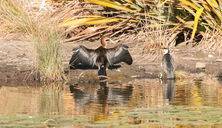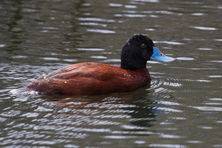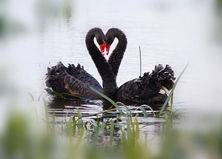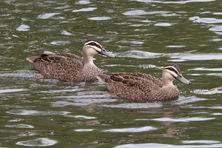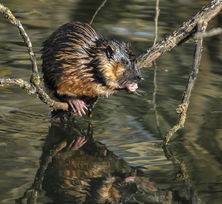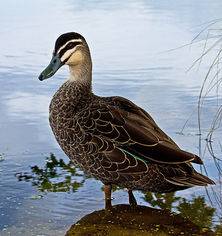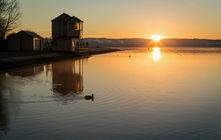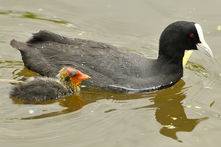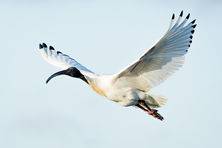B: Lake Wendouree, Ballarat
In 1838:
Lake Wendouree was originally a shallow reedy swamp set on a rich alluvial flat teaming with wildlife including kangaroos, emus, wombats, dingos and a wide variety of cockatoos and parrots. The nomadic Wadawurrung people from the Kulin tribe camped by the swamp during summer months.
Scottish settler William Cross Yuille erects a hut at the edge of the 'Black Swamp', the swamp soon becomes known as 'Yuille's Swamp'.
The name Wendouree comes from the aboriginal word 'wendaaree' which means 'go away'. A story is told that when William Yuille asked an aboriginal woman the name of the swamp, her reply was wendaaree. When Ballarat was first surveyed in 1851 by WS Urquhart the swamp was recorded as Wendouree.
Since 1864, when a rowing course was first cut through the reedy swamp, it has been carefully nurtured by council and public spirited citizens.
Water levels are maintained by storm water diversions to provide recreational facilites. A quarter of the storm water catchment inflow into the Lake is now treated by a three stage wetland in the North Garden Reserve.
Lake Wendouree is now an urban oasis for passive recreation:
Fairyland starts at the bluestone pillars near St Aidan's Drive and extends to the Swan Pool near Lake Pavilion. You can feel close to nature here, experiencing the changing seasons of a cool climate, walking along the rustic flagstone path, surrounded by fine old trees and tranquil pools.
The island sanctuaries and close proximity of the reedbeds make this area a refuge for wildlife. About 150 species of birds are listed for the Lake and on a good day it is not difficult for birdwatchers to record about 50, mostly in this area. It is also the habitat of 3 species of mammals and most of the aquatic plants at the Lake are native species.
Lake Wendouree is home to a wide variety of fauna, especially birds. Large numbers of Coots, Little Pied Cormorants, White Ibis and Pacific Black Ducks are resident year round along with about 150 Swans. Great Crested Grebes arrive in October to breed, and Blue-billed Ducks can be found. Occasional visitors include Pelicans, Freckled Ducks and Brolgas. The Rakali (a native, not a pest) nests in the area called Fairyland along the western shore.
The lake is stocked with rainbow and brown trout and contains native fish too.


